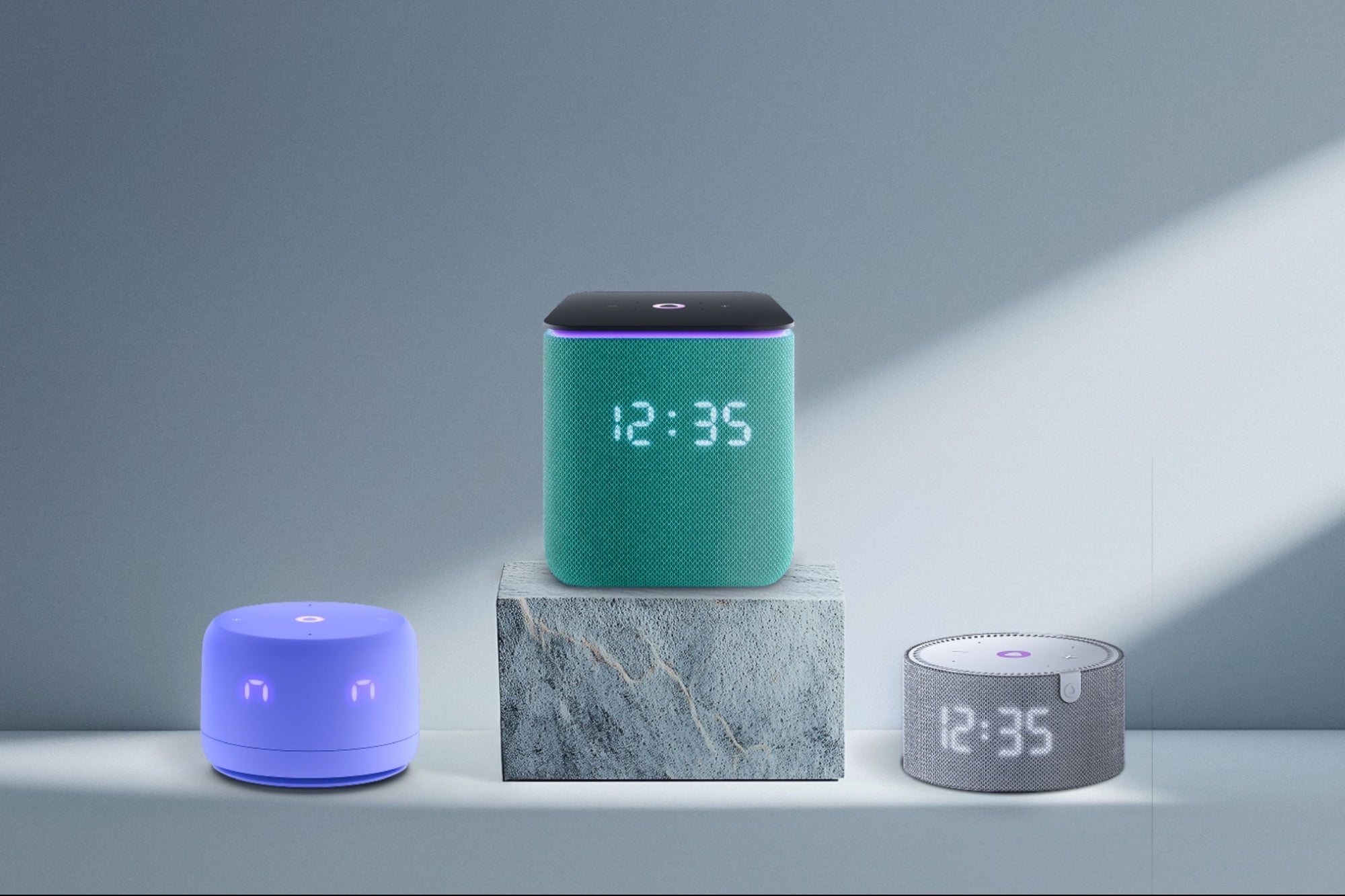Not Another Bot: The Five Building Blocks Of Conversational Applications While the conversational interface might not replace web/mobile in anytime soon, it still has the potential to go mainstream in near future.
By Tien Nguyen
Opinions expressed by BIZ Experiences contributors are their own.
You're reading BIZ Experiences Middle East, an international franchise of BIZ Experiences Media.

At Wego, we have built a highly-intuitive travel metasearch platform, where users can easily find a good flight option, or the best hotel to book on their travels.
However, every single time my mom needs to book a flight ticket from our hometown to Singapore (where I live), she asks me to book it for her- she has never used a mobile app to make any purchases. Else, she would call a local travel agent to help with the same.
So, for people like my mom: what if travel booking can be simplified through a few simple conversations with a virtual agent? After all, speaking is a skill that we all learn from a very early age, and is often naturally the most efficient form of communication.
As is common knowledge, of the various transitioning interfaces through which humans interact with technology, the web and mobile are the most recent game changers. And understanding how humans interact with the web and mobile, especially with the rapid evolution of artificial intelligence (AI) and machine learning (ML), has led to the emergence of a new interface– man-machine conversations!
While the conversational interface might not replace web/mobile in anytime soon, it still has the potential to go mainstream in near future. To enable such conversations, let's have a quick look into five key building blocks of conversational applications that have emerged:
1. Language Understanding This is fundamental to naturally understanding the intent hidden behind AI-powered conversations. Quite a few managed services and open source projects can help solve this problem. Training your model, so that it is flexible enough to understand different conversation formats, or at least have an efficient conversation flow, is crucial.
2. Interfacing Channels This helps establish sessions of conversations at scale. By supporting multiple channels for conversations and flexibility, one can adapt to new emerging channels where customers are regularly interacting. When designing the conversation application, interface agnosticism needs to be considered, while also having the capability to add on more interfaces with very little changes whether it's voice or text based interface.
3. Backend Integration This enables the effective integration of our existing services, in order to give a seamless conversation experience. In fact, a fast and stable backend service will make your assistant agent much more responsive, resulting in a better user experience and smoother conversation flow.
4. Personalization This enables us to automatically understand our customers and establish meaningful and personally tailored conversations, with reasoning capability and contextual awareness. The more our customers engage in conversations with us, the better and more personalized our solution will get. From a technical point of view, having a good ML pipeline is important, as you will need plenty of ML models for each intent fulfilment. A standard way to build this ML pipeline is to automate the whole process from train/retrain, refresh model, and then expose it as a service with a proper versioning strategy.
5. Continuous Improvement This improves and simplifies conversations over a period of time. This would mean that we keep track of each dialogue and work towards understanding them to attain improved conversations.
Clearly, the end-product of all these efforts is "not another bot." And it will need a wider platform to support different facets of conversations. And since the chatbot ecosystem has grown exponentially, here is a quick look at the top cloud service providers that Wego has been working with:
1. Google What was once known as Api.ai, and is now DialogFlow, has a powerful enterprise edition that helps create conversational experiences across devices and platforms. Dialogflow is still a Google-owned subsidiary and therefore offers the distinctive advantage of access to Google's powerful Machine Learning platform.
2. Amazon Web Services Amazon's Lex and Connect offerings provide a quick head start. And if you are looking at a contact center, with natural conversation capabilities, here is a great starter article/solution to begin with.
3. Microsoft The power of the Azure Bot Service has been pretty intriguing. Microsoft's Natural Language Understanding (NLP) has seen a big face lift through LUIS and their recent acquisition of Semantic Machines. Another eye-catching feature was the support for multiple channels to engage audience wherever they are.
Thanks to the capabilities of these bot and ML platforms, creating a new conversational interface application becomes quite straightforward. By collaborating with Microsoft's team (Or "AI Factory," as Dev Nadgir and his team call it), we were able to develop and demo a significant part of this conversational architecture- within just two weeks.
In summary, there are clear rewards to reaching audiences through conversational channels. These conversations that these chatbots offer are most powerful when combined with machine learning and natural language processing. And most importantly, they offer maximum impact, when delivered in the language that the audience is most familiar with.
Hopefully, the next time when my mom wants to travel, she can just talk to a virtual travel assistant- and she can then let me know that agent did a much better job than me.
Related: We Got Funded! Online Travel Marketplace Wego Finds A Strategic Investor In MBC Group













